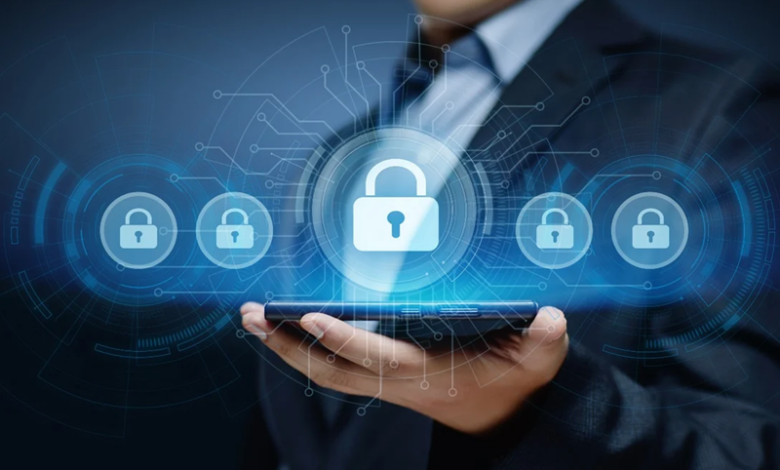Learn how to protect your data

News Mania Desk / Piyal Chatterjee / 11th December 2024
Protecting personal data in today’s digital age is crucial. With the rapid advancement of technology and the widespread use of the internet, our lives are more interconnected than ever. This connectivity has brought numerous benefits, but it has also exposed us to risks like identity theft, data breaches, and online scams. Safeguarding personal information has become an essential responsibility, requiring a combination of awareness, proactive measures, and technological tools.
One of the most important steps in protecting personal data is understanding what constitutes sensitive information. Personal data includes your name, address, phone number, email, financial details, health records, and even your browsing habits. Hackers and malicious actors can use this information to commit fraud or identity theft. Therefore, it is vital to treat such data with the utmost care, both online and offline. For instance, shredding documents that contain personal information before disposing of them is a simple yet effective offline strategy.
Online security begins with strong passwords. Many people underestimate the importance of a robust password, often using easily guessable combinations like “123456” or “password.” To secure your accounts, create passwords that are at least 12 characters long and include a mix of letters, numbers, and symbols. Avoid reusing the same password across multiple platforms, as doing so can make it easier for hackers to access all your accounts if one is compromised. A password manager is an excellent tool to generate and store complex passwords securely.
Another essential practice is enabling two-factor authentication (2FA) wherever possible. 2FA adds an extra layer of security by requiring not only a password but also a second verification step, such as a code sent to your phone or email. This makes it significantly harder for unauthorized individuals to access your accounts, even if they manage to obtain your password. Many online services, including banking apps and social media platforms, now offer 2FA as a standard security feature.
Public Wi-Fi networks pose another significant risk to personal data. While convenient, these networks are often unsecured, making it easy for cybercriminals to intercept data transmitted over them. To protect yourself, avoid accessing sensitive accounts or entering personal information while connected to public Wi-Fi. Using a virtual private network (VPN) is an excellent way to secure your connection, as it encrypts the data you send and receive, shielding it from prying eyes.
Social media platforms are another area where personal data can be easily compromised. Oversharing information, such as your location, travel plans, or even your birthdate, can provide valuable clues to cybercriminals. Adjusting privacy settings to limit the visibility of your posts and personal information is a simple yet effective way to enhance your security. Be cautious about accepting friend requests from strangers or clicking on unsolicited links, as these can lead to phishing scams.
Phishing attacks remain one of the most common methods used to steal personal data. These scams often involve fraudulent emails or messages that appear to be from legitimate sources, such as your bank or a well-known company. They typically urge you to click on a link or provide sensitive information. To protect yourself, always verify the sender’s identity before responding to such messages. Avoid clicking on links or downloading attachments from unknown sources, and report any suspicious emails to the relevant authorities.
Regularly updating your devices and software is another critical aspect of data protection. Outdated software often contains vulnerabilities that hackers can exploit. By installing updates and patches promptly, you ensure that your devices are equipped with the latest security features. Additionally, installing reputable antivirus and anti-malware programs adds an extra layer of defense against threats.
Educating yourself and others about data security is a long-term strategy that pays dividends. Many data breaches occur due to human error, such as falling for phishing scams or using weak passwords. Staying informed about the latest threats and best practices can help you make smarter decisions regarding your personal data. Share this knowledge with family members, especially children and elderly relatives, who may be less familiar with online safety protocols.
Finally, consider monitoring your financial accounts and credit reports regularly to detect any unauthorized activity early. Many financial institutions offer alerts for suspicious transactions, which can help you respond quickly in case of a breach. Services that monitor your credit report for unusual changes can also be invaluable in preventing identity theft.
In conclusion, protecting your personal data requires vigilance, education, and the use of modern tools and techniques. By adopting strong passwords, enabling two-factor authentication, being cautious on social media and public Wi-Fi, and staying informed about threats, you can significantly reduce the risk of data theft. Taking these steps not only safeguards your privacy but also ensures a safer and more secure digital experience.






